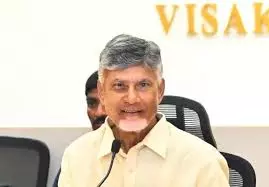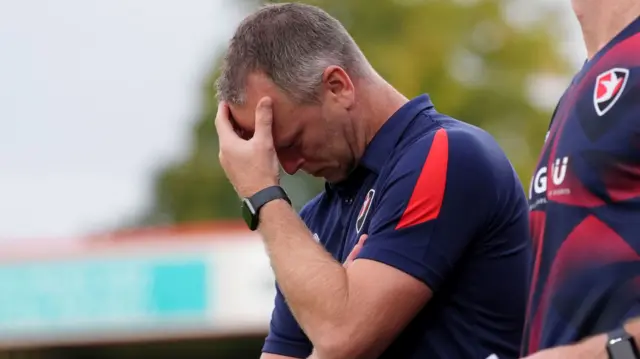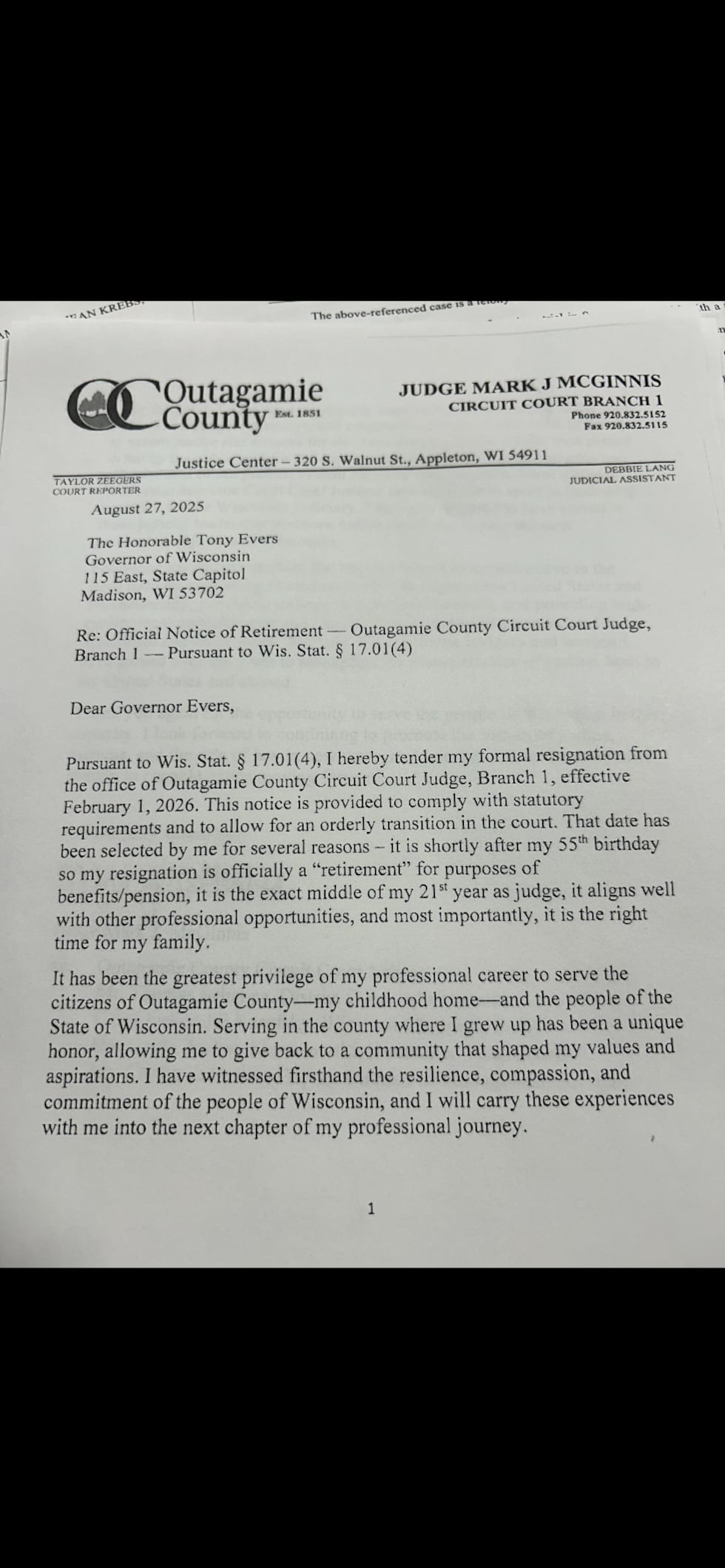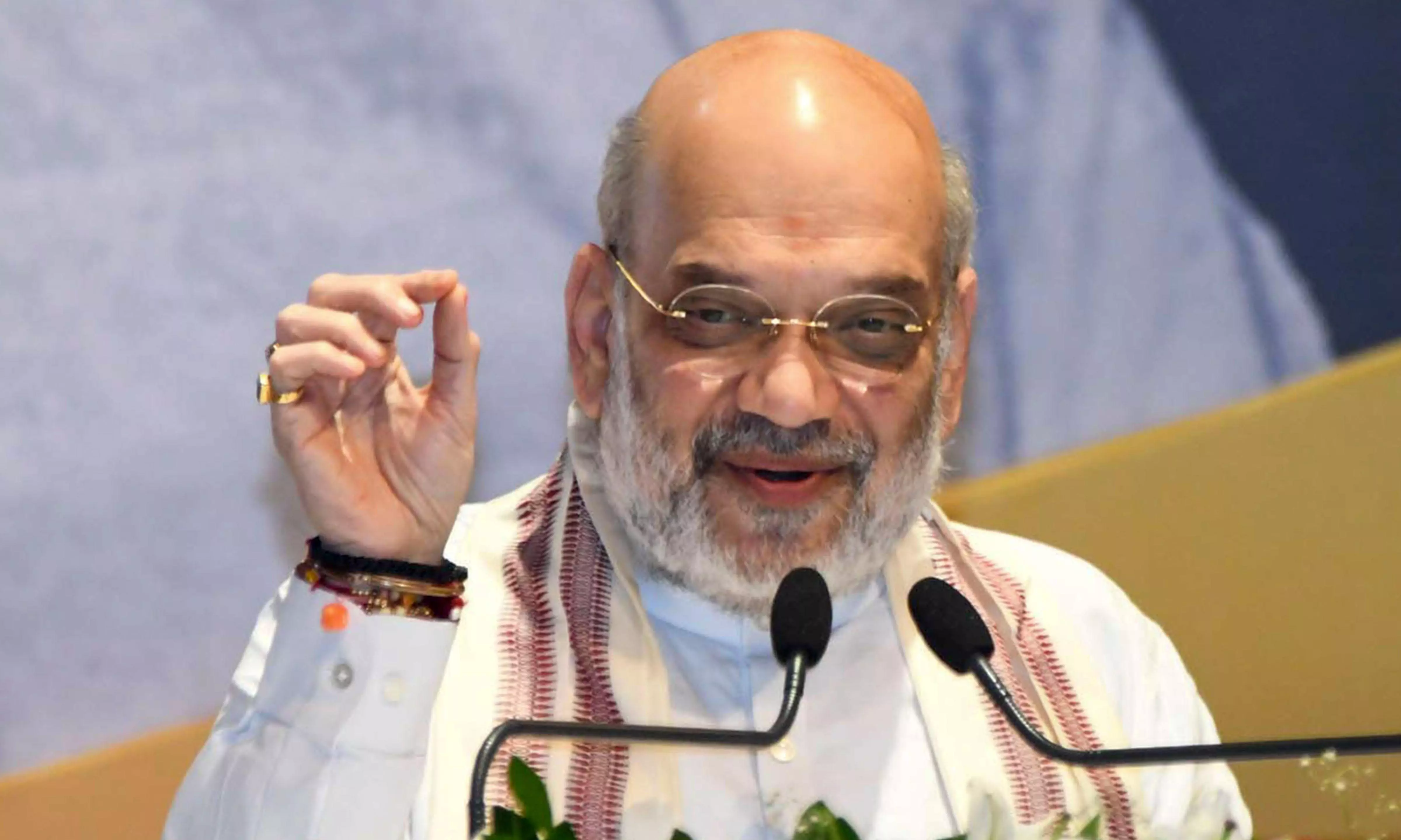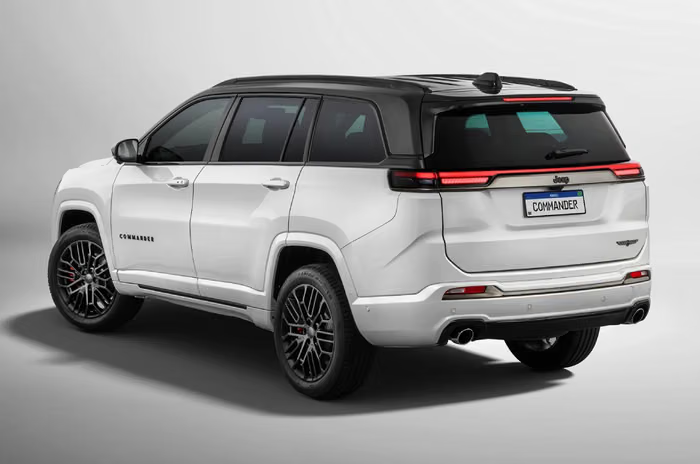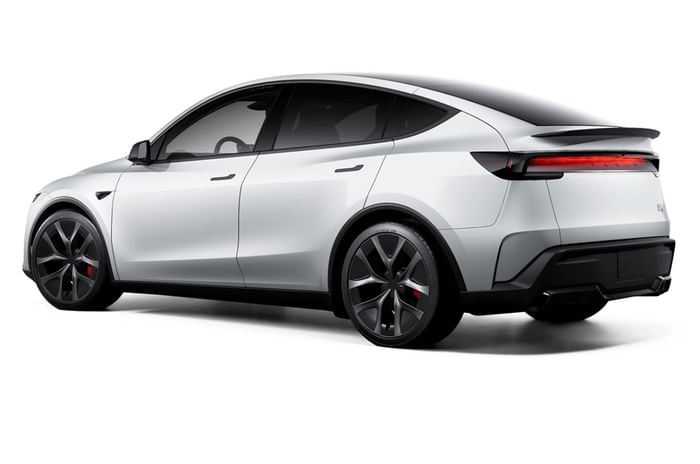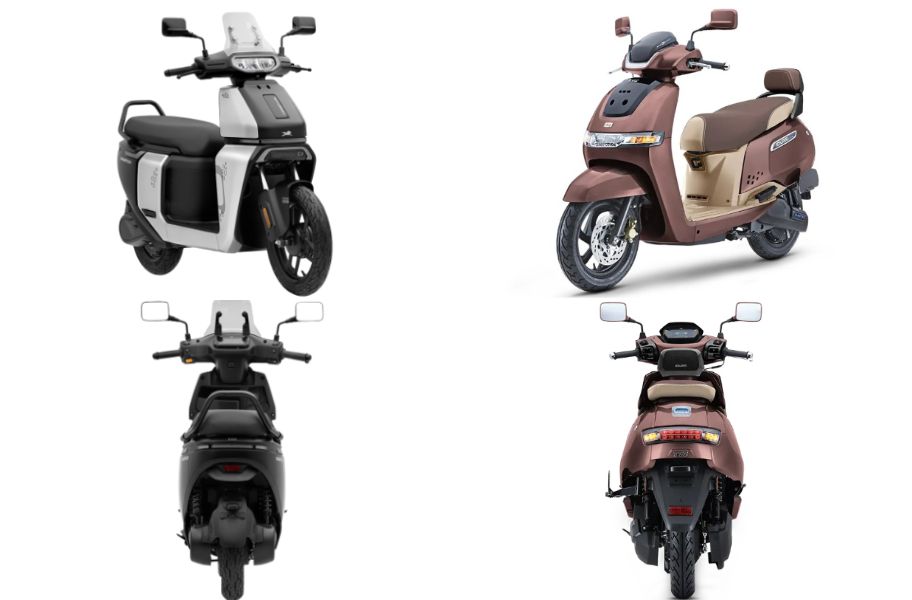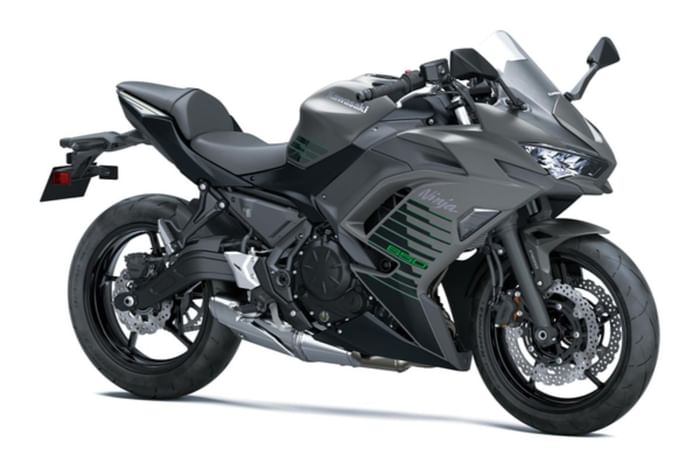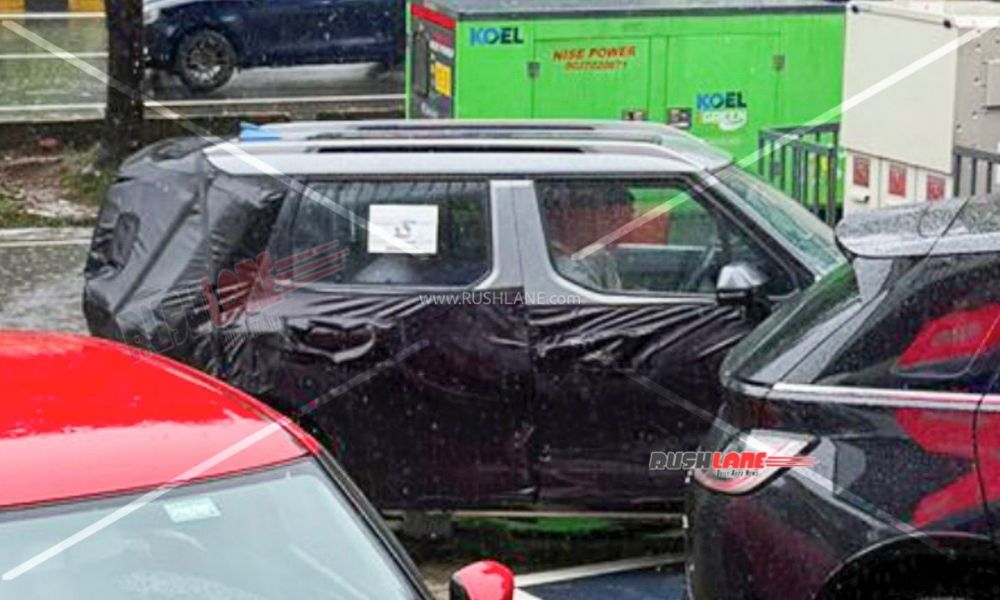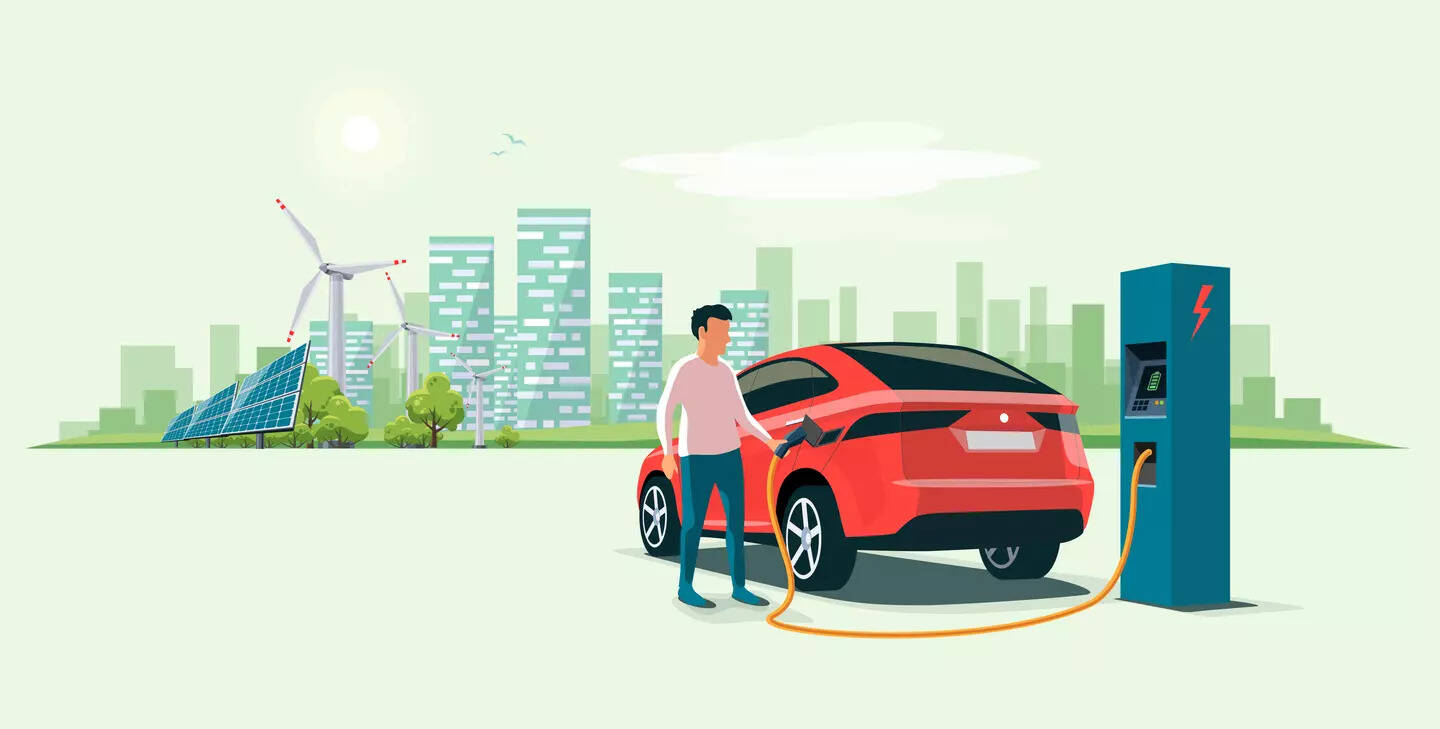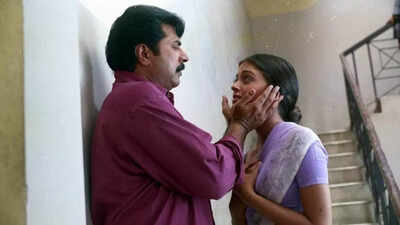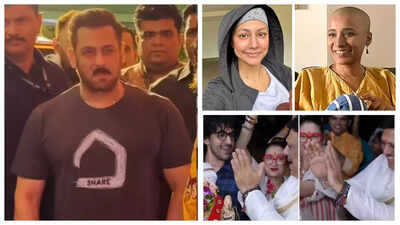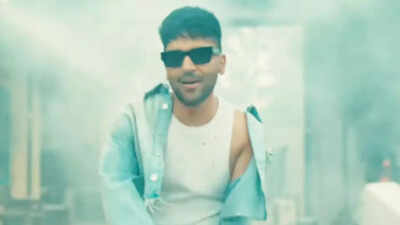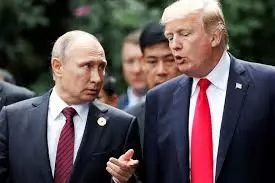
The master of the deal will be up against the man who has perfected the art of victory. The meeting between US President Donald Trump and Russian supremo Vladimir Putin in Alaska comes after an intense week of diplomacy and extensive phone calls. What happens at the meet will trump everything else as the world waits with bated breath to see if a ceasefire will be agreed upon to stop the war in Ukraine.
Obsessed with the desire to win the Nobel Peace Prize, Trump may go the extra mile to bring Putin around to the idea of stopping the war. The question is can he force Ukraine into land swapping to make the deal possible. The ceasefire is the utmost priority, which Volodymyr Zelenskyy and his European backers stress on. Trump may view it as a desirable outcome too but what he is willing to sacrifice towards that will define the meeting.
Outlandish as it may seem, a suggestion has emerged from high up the Trump Cabinet mooting a West Bank-style governance model for Ukraine. The Europeans are, however, adamant that the frontlines as they are today should be the starting point of negotiations on territorial issues and that any deal would also have to make a provision for ironclad security guarantees for Ukraine.
Putin may have run rings around Trump in their 2018 Helsinki meetings when the US President came away convinced that Russia did not interfere in US presidential polls. A somewhat wiser Trump now concedes that while Putin smiles well during calls he then begins bombing Ukraine to his heart’s content.
After waging war for three-and-a-half years, Putin has time on his hands while his transactional US counterpart spouts deadlines in weeks and days though he is also known to whimsically change the dates as he has done with threatened tariffs on China for buying Russian oil, which was the stick he used to beat India with.
The dilemma Ukraine finds itself in as it is kept out of the meeting in search of a détente is that if a ceasefire is agreed to, it might come with a heavy price even if it doesn’t go to the extent of Russia getting the four provinces of Luhansk, Donetsk, Kherson and Zaporizhzhia, besides Crimea (annexed by Russia in 2014).
The other horn of the dilemma is, if there is no ceasefire, Russian advance into eastern Ukraine will go on until the country’s territorial integrity is eroded to an alarming extent. After all, Putin does not even believe Ukraine is a “real country” and hence his contemptuous invasions in the name of restoring the old glory of the Soviet empire.
What Putin stands to gain in calling a halt to his military campaign, which has led to the deaths of a million Russians and soldiers of other nationalities like North Korea already, is a ticket out of economic isolation. As a corollary, India may also get an avenue out of Trump’s ire over the independent nation’s reluctance to accept that he is the ultimate apostle of peace since Gautama Buddha and Mahatma Gandhi.
None can, however, deny that stopping any war is a service to the cause of humanity. Getting Putin to stop the war may be the mediator Trump’s biggest challenge yet. Interesting as it may be to know who blinks first in the meeting at the military base in Alaska, a territory that Russia sold to the US at a few cents per acre, the outcome will have a bearing on the world, hopefully a good one.

